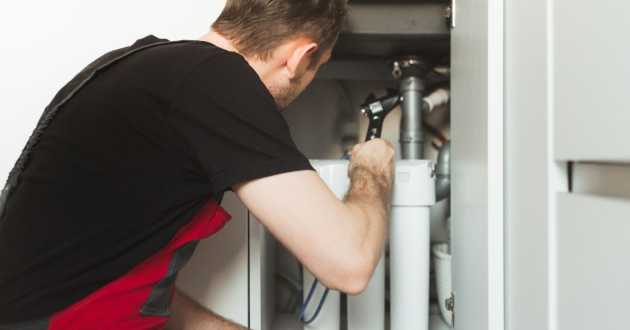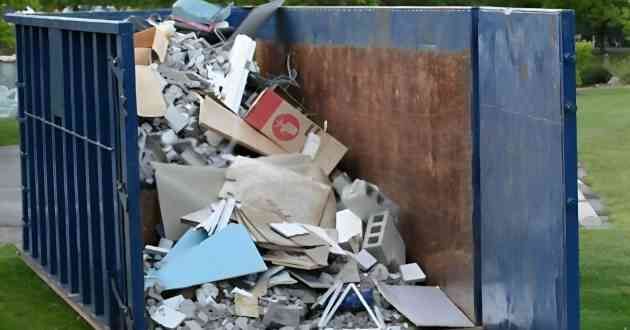How Old Is Too Old For A Water Heater?
- - Category: Constrution
- - 02 Apr, 2024
- - Views: 96
- Save
Here are some tips for knowing when to replace your water heater.
As a homeowner, you may not give much thought to your water heater until it starts acting up. But did you know that the age of your water heater can actually have a big impact on its performance? In this blog post, we'll discuss how old is too old for a water heater and when it might be time to consider replacing it.
Lifespan of a Water Heater
Water heaters are essential for providing hot water for daily activities such as showering, washing dishes, and doing laundry. Did you know that the lifespan of a water heater typically ranges from about 8-12 years? However, this can vary depending on factors such as maintenance, usage, and the quality of the unit. If your water heater is approaching or exceeding this age range, it's important to keep an eye out for signs of wear and tear. By being proactive and aware, you can prevent potential issues and ensure that your water heater continues to function efficiently for years to come.
Signs Your Water Heater is Old
If you're like most people, you probably take your water heater for granted. However, over time, your water heater can start to show signs of wear and tear, indicating that it's reaching the end of its lifespan. Some of these signs are obvious, like leaks or puddles around the unit. Others, like rusty or discolored water, may be less obvious but still just as concerning. And if you're hearing strange noises coming from the tank, or your hot water temperatures are suddenly inconsistent, it's definitely time to start thinking about replacing your water heater.
Efficiency and Energy Costs
Keeping your home running efficiently saves money and minimizes energy costs. Water heaters are a major contributor to energy usage in most households. If you've noticed a spike in your utility bills or have an older water heater with a lower energy efficiency rating, it may be time to consider an upgrade. Investing in a newer, more energy-efficient model can save you money in the long run and help reduce your carbon footprint.
Considerations for Replacement
Making the decision to replace your water heater can be complex, but with a little guidance, you can navigate the process with ease. It's important to take into account the age and condition of your current unit, your desired features, such as a tankless or traditional heater, and your budget for a new one. Engaging a professional plumber to help assess your specific needs and recommend the best option for you is also vital.
Benefits of a New Water Heater
Upgrading with a water heater installation can provide many benefits that are worth considering. Although it may seem like a financial burden at first, the long-term benefits will far outweigh the initial cost. For starters, upgrading to a new model can improve energy efficiency, which can lower your monthly utility bills. Additionally, a new water heater can increase reliability and longevity, meaning it will last longer and provide better, more consistent performance over time. Overall, investing in a new water heater is a wise decision if you want to ensure you always have access to reliable hot water when you need it.
Understanding how old is too old for a water heater is crucial for maintaining the comfort and functionality of your home. By keeping an eye out for signs of wear and tear, as well as considering factors such as efficiency and cost savings, you can make an informed decision about whether it's time to replace your current unit. Remember to consult with a professional plumber for guidance on selecting the best water heater for your specific needs.



